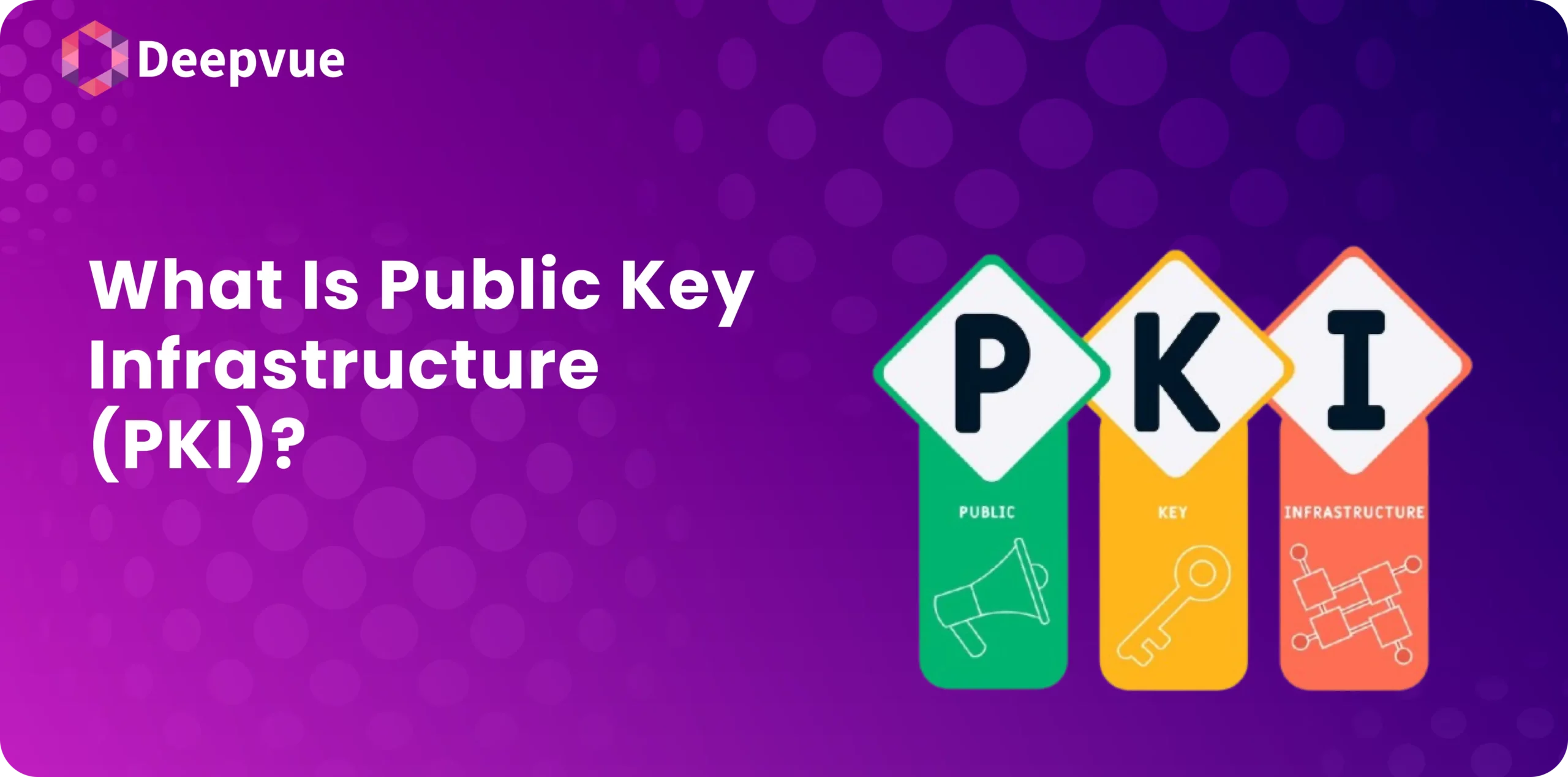What is Online Identity Verification?
Online identity verification is the process of confirming that an individual’s identity is authentic when accessing online services. This process is essential for ensuring that the person is who they claim to be, helping to prevent fraud and unauthorized access. Online identity verification typically involves the use of personal information, documents, and biometric data, which are checked against trusted databases or other verification methods to validate the user’s identity.
Benefits of Online Identity Verification
Online identity verification offers several important benefits:
- Increased Security: It reduces the risk of identity theft and fraud by verifying the authenticity of users before granting access to sensitive services or information.
- Compliance with Regulations: It helps businesses comply with regulatory requirements, such as KYC (Know Your Customer) and AML (Anti-Money Laundering), by verifying customer identities.
- Enhanced Customer Trust: By ensuring that only legitimate users can access services, businesses can build and maintain trust with their customers.
- Convenience: Users can complete identity verification quickly and easily online, without the need for physical presence or extensive paperwork.
Importance of Online Identity Verification
Online identity verification is crucial in the digital age, where many services and transactions are conducted online:
- Preventing Fraud: It is a key tool in preventing various types of fraud, including account takeovers, unauthorized transactions, and the use of fake identities.
- Enabling Digital Services: As more services move online, identity verification ensures that only legitimate users can access these services, helping to protect both the user and the service provider.
- Supporting Remote Onboarding: It allows businesses to onboard customers remotely, expanding their reach and providing services to users regardless of location.
- Protecting Sensitive Data: Online identity verification ensures that only authorized individuals can access personal or sensitive data, safeguarding user privacy.
How Does Online Identity Verification Work?
Online identity verification typically involves the following steps:
- Data Collection: The user provides personal information, such as name, address, and date of birth, along with government-issued ID documents.
- Document Verification: The submitted documents are verified for authenticity using technologies like optical character recognition (OCR) and AI to detect any signs of tampering or forgery.
- Biometric Verification: The user may be required to submit a selfie or use biometric data, such as fingerprints, which are compared to the photo on the ID document.
- Cross-Checking: The collected data is cross-checked against trusted databases or other sources to ensure the user’s identity is legitimate.
- Verification Result: Based on the verification process, the system either confirms or denies the user’s identity, granting or restricting access accordingly.
Use Cases of Online Identity Verification
Online identity verification is used in a variety of sectors:
- Banking and Finance: Banks use online identity verification to comply with KYC regulations and prevent fraud in online transactions.
- E-commerce: Online retailers verify customer identities to prevent payment fraud and ensure secure transactions.
- Healthcare: Used to verify patient identities and protect sensitive medical records from unauthorized access.
- Remote Work: Employers use online identity verification to verify the identities of remote workers and contractors, ensuring secure access to corporate systems.
Frequently Asked Questions (FAQs)
Why is online identity verification important for businesses?
Online identity verification is important because it helps businesses protect against fraud, comply with regulations, and build trust with customers by ensuring that only legitimate users can access their services.
What methods are commonly used in online identity verification?
Common methods include verifying government-issued ID documents, using biometric data (such as facial recognition or fingerprints), and cross-referencing user information with trusted databases to confirm identity.






